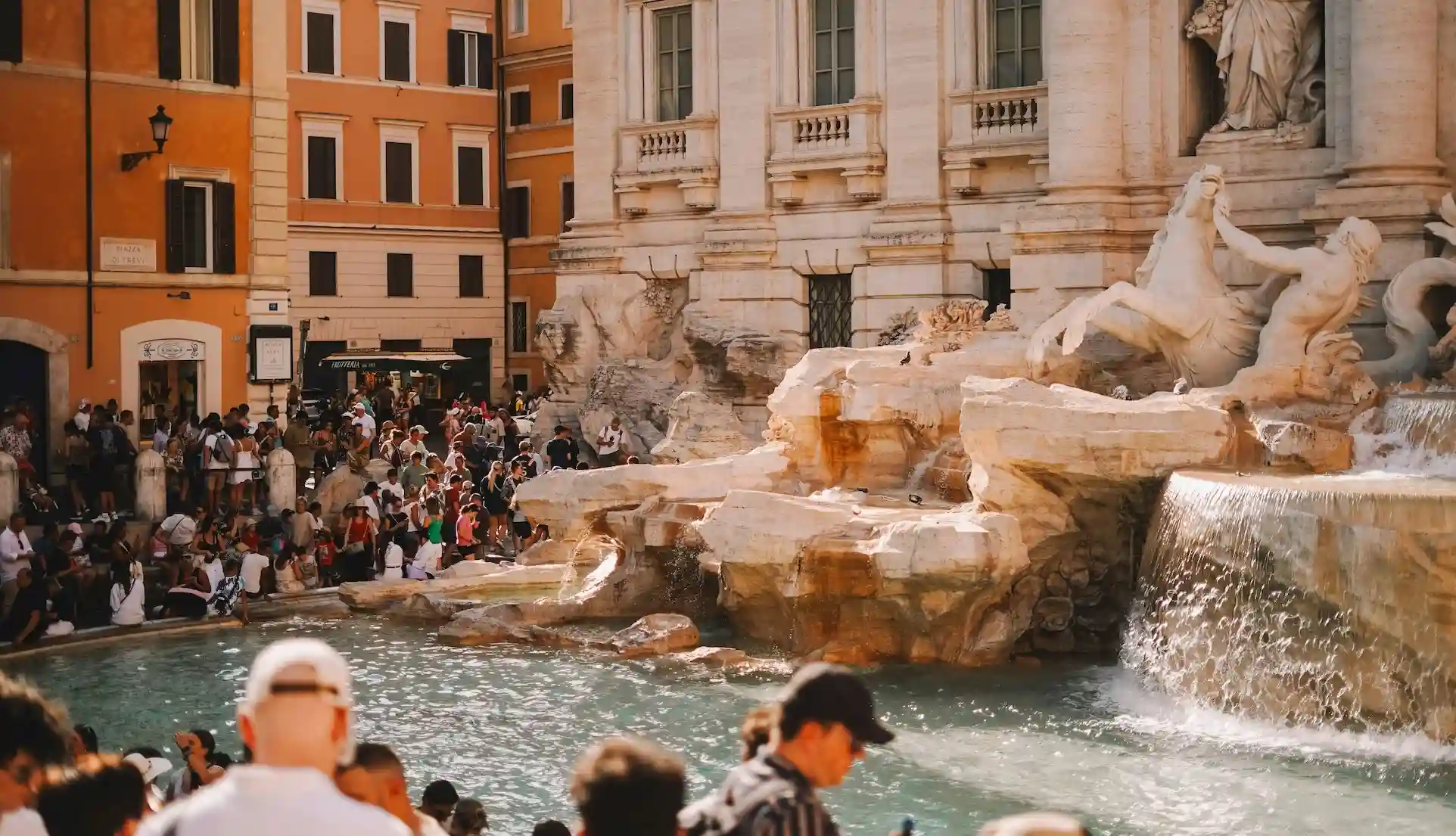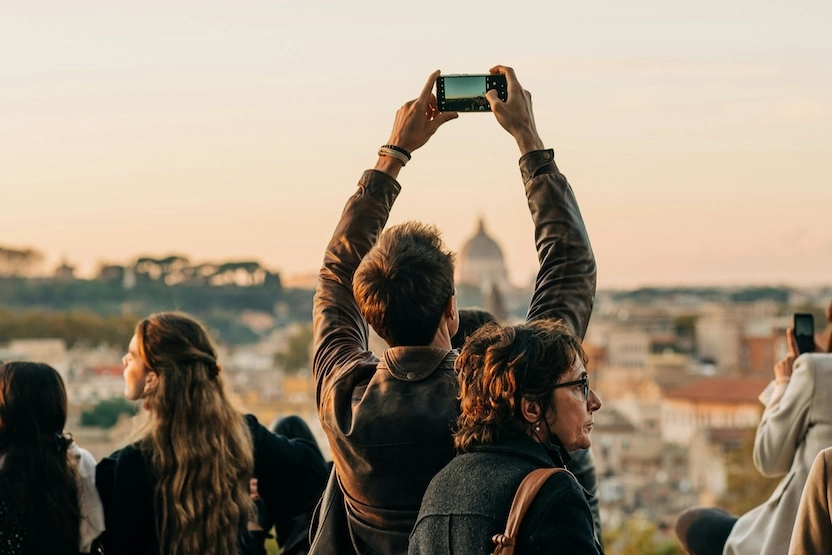
New Requirement for Tourists Booking Airbnbs in Italy
Sarah Pardi - December 31, 2025
Home > Travel Requirements, Policy & Authorization > New Requirement for Tourists Booking Airbnbs in Italy
Share this post
One of the longtime perks of sites like Airbnb and Vrbo is the ability to check in to your accommodation at any time, without needing to meet with your hosts.
This method is so popular that Airbnb even has a section of their reviews dedicated to the ease or difficulty of your check-in.
Despite the popularity, Italy has decided to shut down this method of check-in, only allowing in-person check-in.
Why did Italy ban self-check-in?
European tourism is booming, especially in dream destinations like Italy.
As a response to this influx, Italian authorities decided to require property owners to verify the identity of their guests in person, face to face.
ID photos sent by email or through service platforms won’t do. Italy’s Police Chief, Vittorio Pisani, specified publicly that the identity check must be visual.
This means the inevitable: the removal of key boxes and other methods of self-check-in throughout the country.
This change is meant to help prevent the hosting of individuals with dangerous backgrounds, such as those linked to terrorism or criminal activity, which is a growing concern as tourism continues to soar.

Why now?
Overtourism has been a hot topic in Italy, Spain, Greece, and other Schengen destinations this year.
As tourism and migration grow, changes are being made to ensure the safety of everyone entering or residing in the Schengen area (a collection of 29 countries in Europe).
This recent change came just before Rome’s 2025 Jubilee, a Catholic celebration that lasted over a year and brought in an influx of tourists.
This upswing in tourism for Italy doesn't stop there – as the Jubilee ends, the 2026 Winter Olympics festivities are set to begin in Milan and Cortina, only prolonging this rise.
What does Italy’s Airbnb self-check-in ban mean for travelers?
Travelers need to meet their short-term rental host in person to check into their accommodations.
This means that travelers need to have a set and approved arrival time to meet with their host.
Before this change, self-check-in gave travelers flexibility, which was particularly helpful on busy transit days where delays and last-minute changes can happen.
Travelers who rely on self-check-in will need to consider:
- Set arrival times for their accommodations.
- Being communicative through the official app or booking site.
- Having cell service/data in Italy to communicate with your host for any last-minute changes, such as travel delays.
- A firm check-out strategy (since the key won’t be easily accessible, like through a lockbox).
Heading to Italy soon?
Make sure your trip is protected, regardless of where you stay ?
What does Italy’s Airbnb self-check-in ban mean for Airbnb hosts?
Hosts need to meet with guests in person, whether in Venice, Sicily, or anywhere in between.
This can be complicated if you own a property in a city that you do not reside in, or if you rent your home while you’re away on holiday yourself.
With this change, property owners will need to consider:
- How they can be present during all check-ins.
- How they can effectively communicate with travelers.
- What to do if their guest has significant travel delays or is unable to communicate frequently.
- A new check-out process.
Will there be any sanctions or fines for hosts that don't follow the new policy?
There's currently little official information regarding whether or not there will be sanctions or fines for failure to comply with this new policy.
It also isn't yet clear who will control these new rules and how compliance will be monitored.
When does the self-check-in ban in Italy go into effect?
According to multiple media sources, the change went into effect in November of 2024.
While this change may require both guests and hosts to make some adjustments, it is an important step for the safety and security of one of the world’s top tourist destinations.
Italy isn't the only place seeing policy changes and new requirements for tourists. We will likely continue to see changes as tourism grows after the Covid-19 pandemic.
Key details for Italy's self-check-in ban
- Italy will only allow in-person check-in moving forward.
- Italian authorities have decided to require property owners to verify the identity of their guests in person, face to face.
- This change is meant to help prevent the hosting of individuals with dangerous backgrounds.
- This change applies to Airbnb, Vrbo, Booking.com, or any other website or platform that offers short-term lodging.
- Both guests and hosts may need to make some compromises when it comes to their flexibility and communication during the check-in and check-out process.
Related posts
Upcoming travels ? Get Insured !
Find the right insurance for your trip by using our powerful comparison tool!
Sarah Pardi - February 19, 2026
Sarah Pardi - February 13, 2026
Sarah Pardi - February 12, 2026
Sarah Pardi - February 6, 2026





